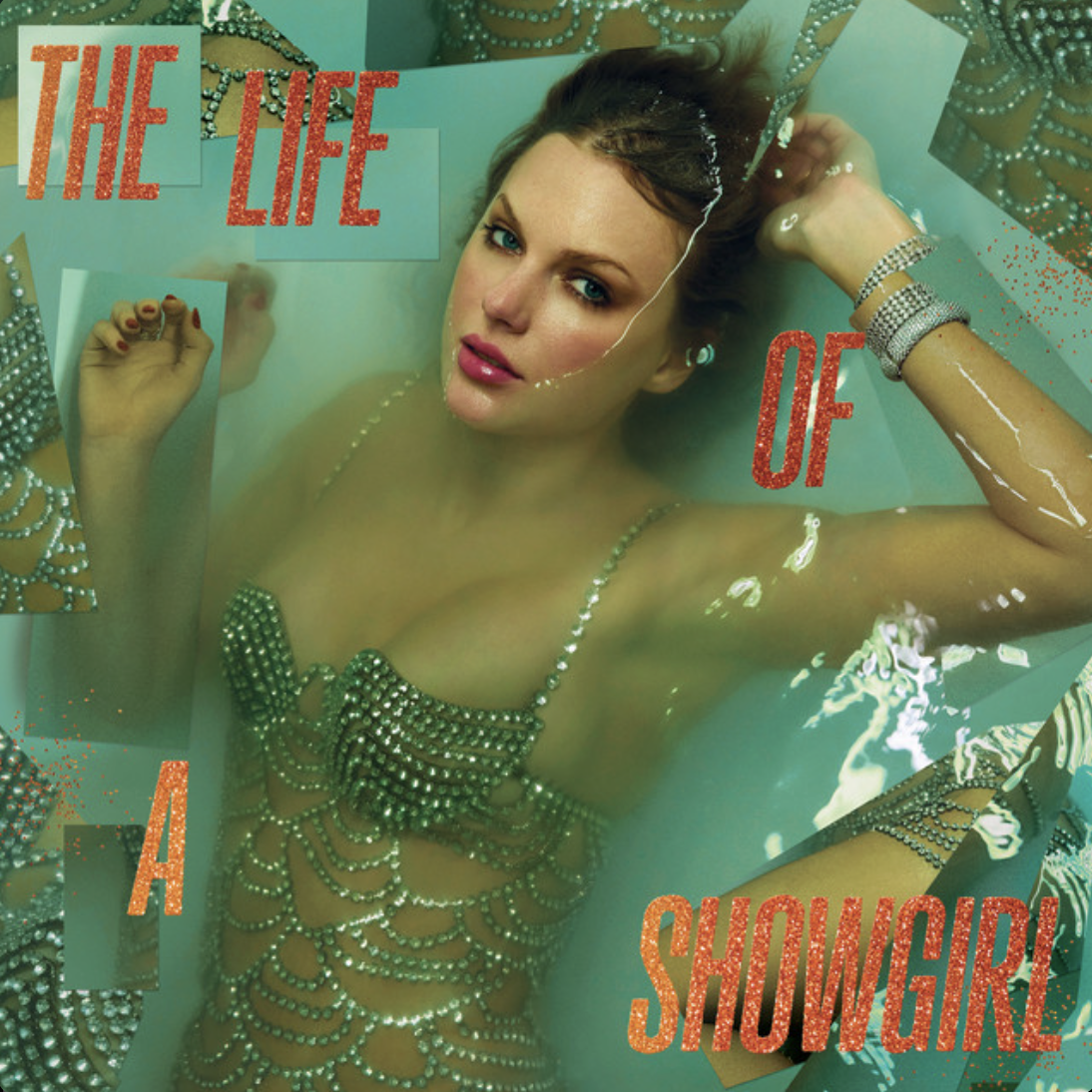Ethical Fashion: More important now than ever
April 4, 2021
A month ago, aimless scrolls through TikTok brought me to a shopping haul video emblazoned with the title “$600 Shein haul!!” The faceless girl dumped six bags of clothes onto the floor, and as I watched a 15 second montage of about 80 pieces, I realized how peculiar it is that so many clothing options are so readily available and affordable. Keeping up with the latest trends has never been so easy. However, stores like these, ones with trendy clothing for under $5 a piece, seem too good to be true.
Although I don’t own clothes from these stores, it didn’t take me long to determine that these clothes are made for exactly that: trends. The clothes are cheaply made and plastic-y, and it seems like they’re made to last just a few months of continual use. But it doesn’t matter; the cheap price doesn’t bother consumers, so they simply continue to buy new clothes for each season—over, and over, and over—with pounds of textiles frequently thrown in landfills. This perpetual cycle of fast fashion is hurting not only our environment, but the industry’s exploitation of textile workers in third world countries means it hurts ourselves, too. It’s time to put an end to fast fashion.
Corporate materialism and media influence so prevalent in America has established a sort-of “disregard” culture among casual consumers, resulting in frequent disposal of clothes in the chase toward the Next Big Thing. According to the United States Environmental Protection Agency, the average American produces 82 pounds of clothing waste annually. The abandoned fabric sits in landfills, and stays there— remaining up to 5 months for the most sustainable natural cotton fabric, and a whopping 200 years for nylon or polyester fabrics. Not to mention the pesticides and water waste from cotton farming, polyester manufacturing, chemicals used in factories and toxic dyes all play a role in damaging the environment. Perhaps that’s why the fashion industry is one of the largest polluters in the world.
But frequent shopping and sourcing the clothes from fast fashion companies does not only harm the environment. Hubs for the textile industry, like China and Indonesia, often do not have strict labor and health laws surrounding a village or city. This allows for violation of human and civil rights, like how the organization Clean Clothes Campaign said “workers’ wages represent only a fraction of what consumers pay for the clothes because of deep-rooted structural power dynamics.” Women in Bangladesh are paid less than 2 euros a day, and American and other western companies are taking advantage of the cheap labor. It is not fair to the laborers in the industry nor the consumer’s fault; it is simply capitalist greed. Even worse is how about 2,000 different chemicals are used in textile processing — yet only 16 are approved by the Environmental Protection Agency. These thousands of other chemicals are potentially dangerous to consume after they are disposed of in rivers and other bodies of water, but inhabitants have no other choice but to use it. Fortunately, we have the power to call attention to the horrors of fast fashion and work toward becoming a more sustainable society.
I choose to be sustainable because this lifestyle is fitting to my preferences; I love vintage clothes as well as being able to mix and match pieces of clothing for my OOTD. However, I understand not everyone is like me. Even if you are one to want to keep up with trends, know that there are always sustainable alternatives. One option is to purchase biodegradable fabrics like cotton, or another is to sew pieces yourself, or perhaps buy one second-hand on eBay or Depop. Sustainability is a choice, and choosing to participate has a greater impact than you would think.
Still stuck on how to start living sustainably? Here are some tips from waste management and recycling solutions platform Rubicon:
Shop Smart: Shop at thrift stores before stopping by the mall. There are tons of ethical and sustainable brands to support new wardrobes.
Rent, Reuse, Recycle: More and more brands are moving to clothing subscriptions, so you can rent new clothes rather than purchase. This allows you to change up your style without adding to the landfill.
Quality over Quantity: Downsize your wardrobe and be sure to donate or sell the items you no longer need! Having a minimalist closet can help you focus on buying less and choosing well-made and longer-lasting clothes.
Happy shopping!






